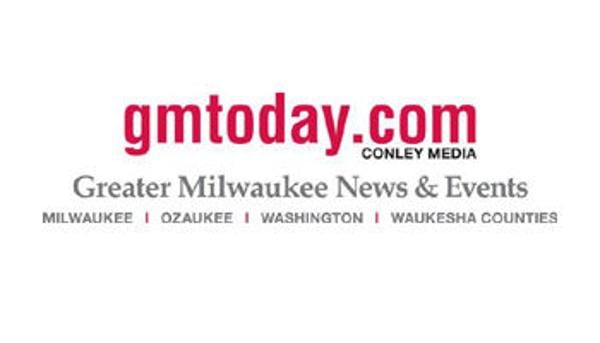
WAUKESHA COUNTY — No sectors have felt the impact of the coronavirus quite as much as travel, dining and entertainment.
But while the pandemic has hurt those industries, the lack of “heads in beds” in hotels across Waukesha County has also dealt a blow to municipal budgets.
Every year cities, villages and towns in Wisconsin collect fees called “room taxes” that are paid by people staying at hotels and Aibnbs in their communities. Under state law, local governments can keep some of the money collected to support their general fund operations, but they must also give a portion of those revenues to a tourism bureau or city-run tourism department.
With hotels stays down by as much as 50 percent this year in some communities, government and tourism officials are facing tough decisions.
In the City of Pewaukee, finance staff had expected to see $560,000 in room tax revenue in 2020. As of the end of July they had collected less than $172,061. In the city of Waukesha, home to the popular Ingleside Hotel and some smaller hotels, staff are expecting a $250,000 loss in room tax revenue.
But things have been especially bleak in the county’s hotel hotspot: Brookfield.
Blow to Brookfield
With the Democratic National Convention expected to take place just months after the opening of the Brookfield Conference Center and adjoining Hilton Garden, the city had expected a banner year for room tax earnings.
Crunching the potential profits in 2019, city finance staff had expected to collect $4.4 million in hotel taxes this year. In 2019, the city collected $3.4 million in room taxes, but with three hotels under construction at the tail end of last year, the city had anticipated that number to increase. In the wake of COVID-19 construction slowed, and so far only one of those three hotels have opened.
Speaking late last week, Finance Director Robert Scott said the city will likely only collect 25 percent of what it had projected for the year.
According to the most recent figures available, the city collected roughly $787,000 in room taxes through the end of July.
Even if that number were to double — a prospect unlikely with fall and winter on the horizon — the city would still be more than 60 percent shy of its expectations for 2020.
In the Town of Brookfield, which has six hotels, revenues are also down.
According to Tom Hagie, the town’s administrator, officials had projected they would collect $935,000 in room taxes in 2020. With more than half the year over, they have collected less than 20 percent of that amount.
“It is definitely going to impact the budget, because that is a lot of money,” Hagie said.
Conference center debt
The revenue losses are a big blow to both the city and town, especially since the municipalities still get to keep the lion’s share of their room taxes.
The city of Brookfield first imposed a room tax in 1980, before tourism spending mandates were imposed by the state. And while the city is gradually increasing the money it pays to Visit Brookfield, otherwise known as the Brookfield Convention and Visitors Bureau, it still gets to keep 75 percent of the money it collects, Scott said. In most other places, local governments must give 70 percent of their room taxes over to tourism efforts, retaining 30 percent for general fund expenditures, like public works and public safety.
And the phenomenon has left the city faced with an even bigger problem: How to pay for a $1.7 million debt payment on the Brookfield Conference Center.
Officials had planned to use room taxes for the payment.
With that no longer an option, Scott said the city will likely have to increase the debt portion of the city’s annual property tax levy to finance all or part of the cost.
Looking forward
Over at Visit Brookfield, the tough choices continue.
“Our budget has been completely devastated. Within our own organization we have furloughed staff,” Nancy Justman, the president and CEO of the nonprofit, said recently. “We are in the planning stages for how we will proceed.”
As for what 2021, or even 2022 or 2023, holds for the region, that is still anyone’s guess.
“I think a lot of it depends on what happens in the next few months,” Justman said.
She added that the people that plan the sort of events that fill hotels and conference centers are still nervous about that the pandemic will do.
“Some large-scale events have a four-or-five-year planning window,” she noted.
At Brookfield City Hall, Scott said he will also be waiting to see how things go over the next few months, but eventually he will have to make some kind of room taxes projection for next year.
“At some point we will have to make an informed forecast, but in a Black Swan event like COVID, the traditional methodology can’t be relied on,” Scott said. “Still, I can’t expect it to be much more than what we are collecting this year.”
"hotel" - Google News
September 08, 2020 at 07:15PM
https://ift.tt/3h6JBWd
Drop in hotel stays leaves local budgets in a lurch - Greater Milwaukee Today
"hotel" - Google News
https://ift.tt/3aTFdGH
https://ift.tt/2xwvOre
Bagikan Berita Ini














0 Response to "Drop in hotel stays leaves local budgets in a lurch - Greater Milwaukee Today"
Post a Comment